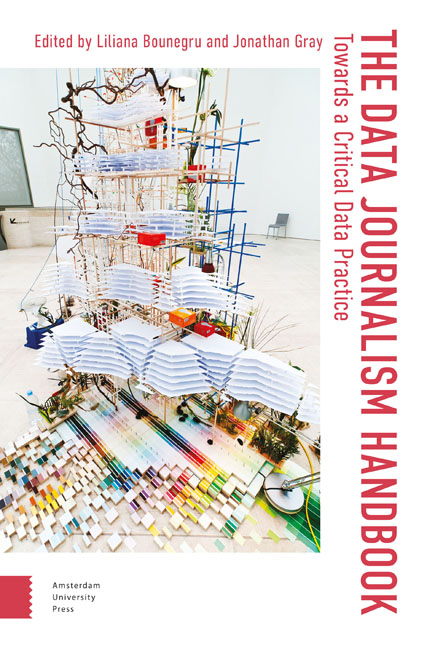41 - Data Feudalism: How Platforms Shape Cross-border Investigative Networks
Summary
Abstract
Data feudalism: How platforms shape cross-border investigative journalism and pave the way for its colonization.
Keywords: cross-border investigation, political economy of networking, sociotechnological access control, radical sharing, data feudalism, platforms
The platformization of cross-border investigative journalism is a growing phenomenon, endorsed by the same techno-positivism as the current trend of the platformization of society (Dijck et al., 2018). Platforms to host data for cross-border investigations began to gain prominence around 2010, in the context of doing investigations with leaked data. Perhaps the most notable example of a platform-based large-scale journalistic collaboration is the Pulitzer Prize-winning Panama Papers.
In order to organize data querying and reporting for the 500 journalists involved in the Panama Papers investigation, the International Consortium of Investigative Journalists (ICIJ) developed a platform called Global I-Hub (Wilson-Chapman, 2017). Ryle (2017) describes the platform as “specially developed technology… . used to interrogate and distribute information, connect journalists together in an online newsroom and ensure that the journalists work as one global team.” It is called “the ICIJ virtual office … a Facebook for journalists” by both editorial and research staff of the ICIJ (Hare, 2016; Raab, 2016).
Data and cross-border investigations are supposed to be a perfect match and to empower independent journalistic collaborations (Coronel, 2016; Houston, 2016). Organizations such as the ICIJ, the Organised Crime and Corruption Reporting Project (OCCRP), and others, offer a hand-picked group of hundreds of journalists around the world, free (or, better said, subsidized) access to exclusive data sets available for querying on a private electronic platform, inaccessible to the outside world. They also offer a platform to publish and advertise the stories produced by these journalists.
For these organizations, using such platforms enables achieving scale and efficiency. For individual journalists, having exclusive and secure access in a single place to data troves of leaks, scraped company records, results of FOIA requests, archives, reporter notes, past stories, digitized prosecution files and court records—to name just a few—is a nirvana. This is especially true for those working in isolation and lacking the resources to travel and to store and process data.
While acknowledging these short-term benefits, critical research into how such investigative platforms are shaping the position and work of individual journalists who are using them and the networks they are part of, is yet to be developed.
- Type
- Chapter
- Information
- The Data Journalism HandbookTowards A Critical Data Practice, pp. 295 - 298Publisher: Amsterdam University PressPrint publication year: 2021



